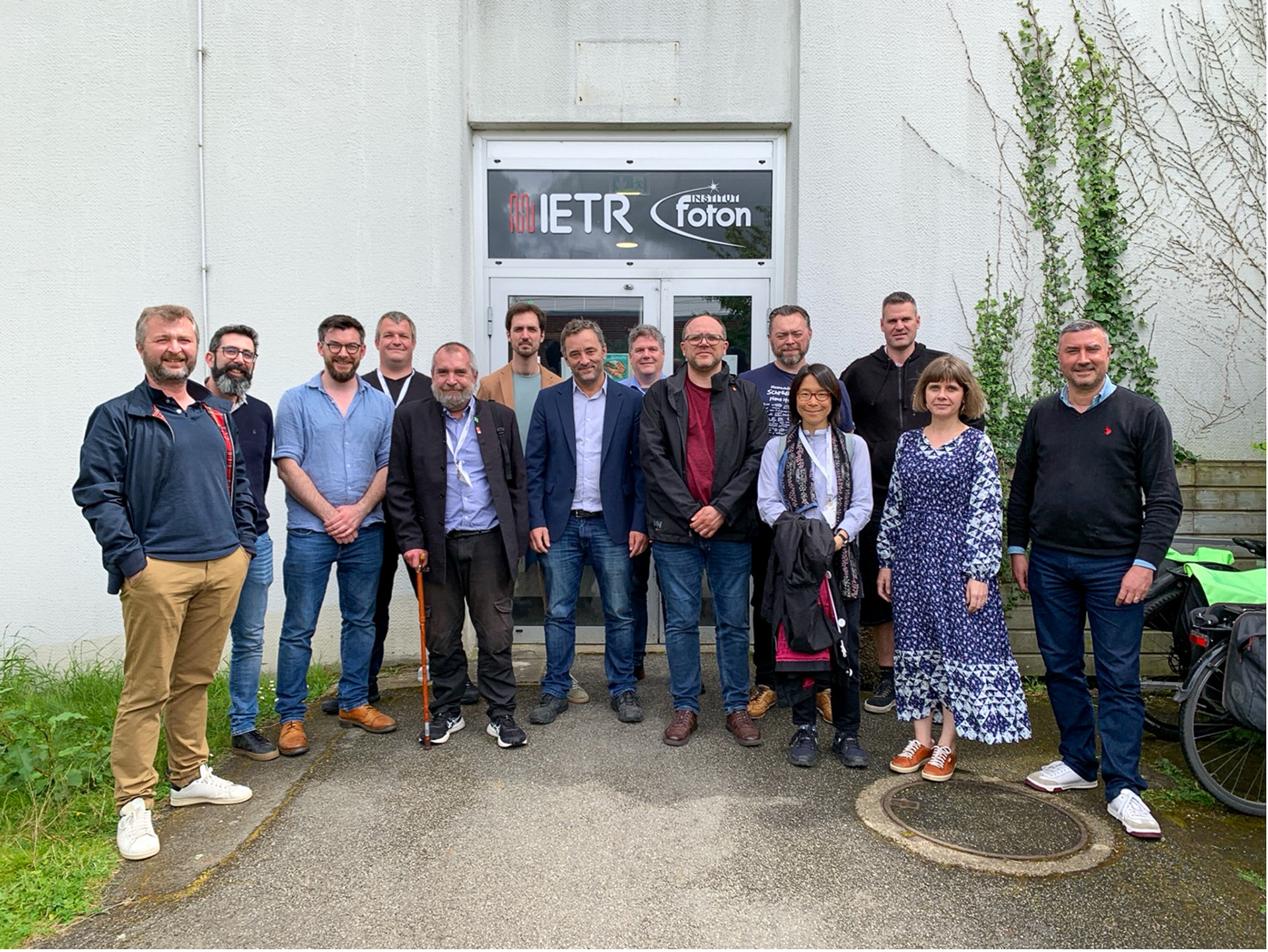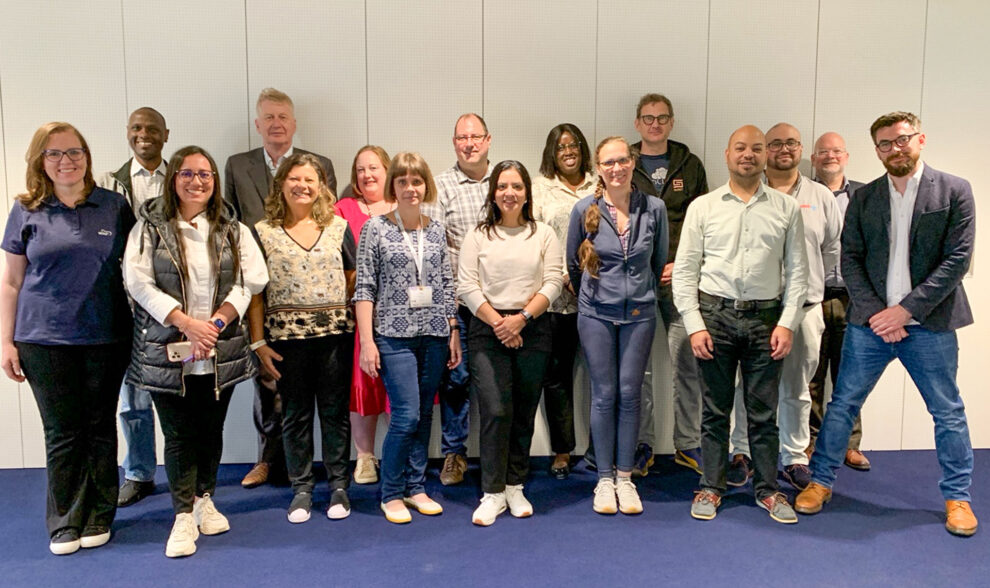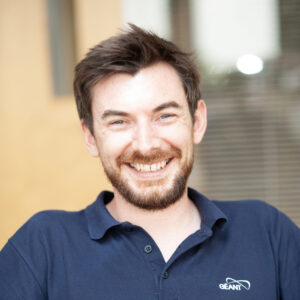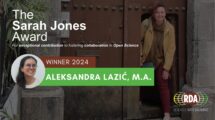On 9 June 2024, at TNC24 in Rennes, the Special Interest Group on Research Engagement Development (SIG-RED) held its first meeting since transitioning from a Task Force to a SIG format. Participants representing 14 organisations from 4 continents took part, highlighting the broad and international scope of research engagement.
The group exchanged best practices for understanding researchers and engaging with them, shared research engagement use cases across different countries, and discussed the next steps for the SIG. A central topic was also the SIG’s renewed focus on fostering a global community of professionals who support researchers, providing opportunities to learn about research activities worldwide (given the global nature of science), and facilitating the exchange of knowledge and experiences in the field.
SIG-RED Town Hall meeting
Drawing on her background as a former professor in information systems, Daniela Brauner (GÉANT) kicked off the meeting, by diving into the current state of the art methods and practices used by researchers and providing an overview of the context in which research engagement professionals work.
The session then followed with two use case examples. Guido Aben (SUNET) spoke passionately about the challenges arising while working in similar roles but in NRENs with a different focus – one being a governmental entity, and the other more business-oriented. Both approaches come with their benefits and drawbacks – Guido explained, emphasising the diversity among NRENs – and lead to different challenges that need to be considered and tackled when working across borders.
James Deaton (Internet2) offered a comprehensive overview of Internet2’s research engagement efforts. As a regional R&E network and similarly to GÉANT, Internet2 faces the challenge of having to engage with multiple research networks across the United States. To address this, they developed forums bringing together researchers to gain insights into the developments in the research space.
Finally, SIG-RED participants were divided into groups to report on:
- How they are supporting communities in their region
- Which research topics they are engaging with
- Which new areas they believe should be explored
Outcomes of this exercise will be analysed by the SIG-RED steering committee and used to determine future topics to be covered.
Face to face with researchers at the FOTON Institute
Research Engagement activities at TNC24 concluded with a visit to the FOTON Institute and IETR labs in Rennes on Friday 14 June. Participants received a tour of the facility allowing them to learn about the latest developments in material sciences, photonics, and optical communications.

The visit was also an opportunity for the group to gain an understanding into the operations and requirements of a similar research group, and to offer advice on challenges related to international collaboration, connectivity and research data management. Researchers emphasized the need to enhance international sharing of large datasets, and to allow automation of transfers beyond the current functionalities provided by the FileSender service. Challenges related to diverse data management practices within different research communities were also highlighted, as a significant obstacle to collaboration. Along with this, the institute expressed a need for an open-source suite of tools, providing real-time collaboration functionalities without extra costs or risks associated to commercial offerings. Services offered by RENATER were also praised for enabling researchers to utilise HPC services and gain access to national and international connectivity, demonstrating the benefits of National Research and Education Networks for fundamental research.
Overall the group’s visit was a success, and we hope the first of many for our community of research engagement professionals in the newly established SIG.
The next SIG meeting is scheduled to be in the Autumn 2024, with the exact date still to be determined. Visit the SIG-RED wiki page and subscribe to the mailing list to stay informed.







